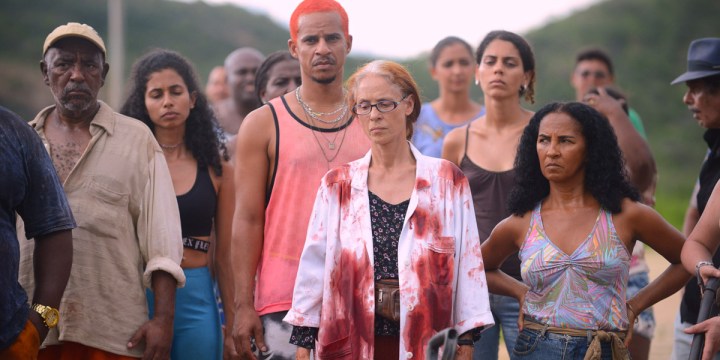From Deported Veterans to Grieving Siblings: 7 Must-See Latino Movies at AFI Fest

Courtesy of TIFF
With a program that includes 142 titles (with 80 features among them), of which 51% are directed by women, this year’s AFI Fest will be repping 52 countries amid a roster of films featuring the likes of Sônia Braga, Anthony Hopkins, Samuel L. Jackson and recent Oscar winner Olivia Colman. Billed as a world-class event showcasing the best films from across the globe to audiences in Los Angeles, the eight-day festival presents not just screenings but panels and conversations featuring both master filmmakers and new voices.
Here’s a fest where you can get a preview screening of the new season of The Crown alongside a documentary about deported veterans and a black-and-white drama in Spanish and Quechua. And as if that alone wasn’t exciting enough, AFI Summit, which will happen concurrently, will also include a conversation between Eva Longoria and Stacy Smith, founder of the USC Annenberg Inclusion Initiative, about the alarming lack of representation of Latinos in film both behind and in front of the camera — and address a solutions-driven path forward.
In case you need some guidance in deciding what to catch during the starry fest, take a look at these ace US Latino and Latin American projects below, all of which deserve to be seen on the biggest screen you can find.
AFI Fest runs November 14 – 21, 2019.